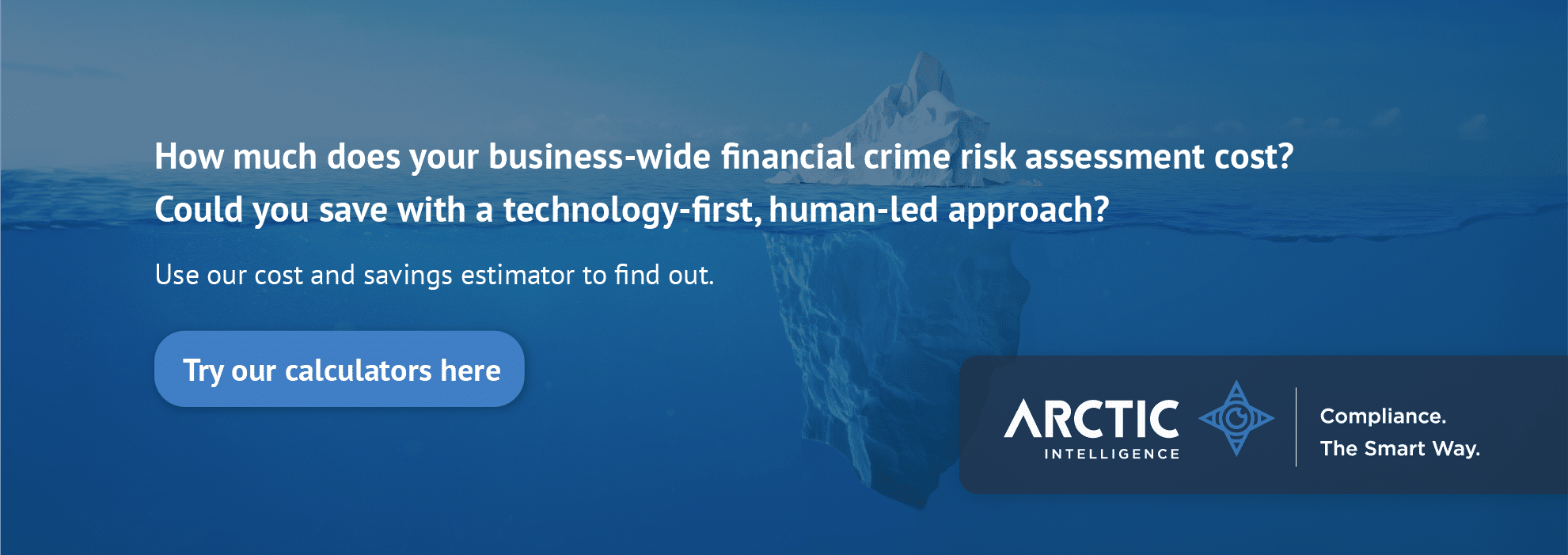Over the past 17 years MSB Compliance Inc. has performed numerous independent BSA/AML and OFAC reviews of various types and sizes of MSBs, payment processors and banks. Jay Postma, CAMS, CFCS, President notes:
“We’ve seen many organizations with strong compliance culture and effective compliance programs. And we’ve seen entities whose management ignored reported compliance issues, or addressed them half-heartedly or with unreasonable delay, that lead to significant regulatory enforcement actions and reputational damage.”
Was there a common theme that resulted in failure to move the needle forward? Mr. Postma says:
“Yes! There were problems in the areas of governance and with the skill of listening. Founders, Board members, senior executives, and compliance officers didn’t listen very well to each other. They didn’t listen well to their regulators or to their independent reviewers. They didn’t listen well to customer concerns. They didn’t listen well to the voices within industry associations, regulatory bodies, legislative actions or lawyers giving cogent updates on compliance matters.”
Active listening is hard work. Sometimes people are too absorbed in the immediate pressing responsibilities and tasks to have ears to hear and eyes to see. They can’t see the forest through the trees. Unfortunately, failure to listen appropriately can be perilous.
With this in mind, let’s consider how the skill of active listening is relevant to risk assessment, risk mitigation and corporate governance practices.
Listening plays a critical role in compliance and corporate governance, risk assessment and risk mitigation practices for several reasons. It ensures that organizations effectively identify, understand, and address potential risks before they escalate, fostering a culture of compliance and accountability. Below are key ways in which listening is relevant to each area:
1. Risk Assessment
- Identification of Emerging Risks: Listening to internal and external stakeholders allows organizations to identify emerging risks. Employee feedback, customer complaints, and market analysis provide early warning signs of potential issues.
- Understanding Risk Context: Listening helps in understanding the context around identified risks, including their causes, potential impact, and the effectiveness of current controls. This nuanced understanding is crucial for accurate risk evaluation.
- Stakeholder Engagement: Engaging with regulators, industry groups, and peer organizations through active listening can provide insights into regulatory changes, industry best practices, and lessons learned from others’ experiences.
2. Risk Mitigation
- Development of Effective Strategies: Listening to experts and stakeholders enables organizations to develop and implement more effective risk mitigation strategies tailored to specific risks within the organizational context.
- Change Management: Effective listening supports change management by addressing concerns and resistance from employees and internal stakeholders. It ensures that risk mitigation measures are understood, accepted, and implemented across the organization.
- Continuous Improvement: Listening to varied feedback on the effectiveness of risk mitigation measures allows for continuous improvement. Organizations can adapt their strategies based on what is working or not working.
3. Corporate Governance
- Board Oversight: Active listening by the Board of Directors to the compliance team’s presentation of management reports, external audit findings, and stakeholder feedback strengthens oversight functions. It ensures that the board is well-informed and can provide strategic direction on risk management and compliance.
- Transparency and Accountability: Listening fosters a culture of transparency and accountability. By valuing and acting upon constructive feedback from employees, shareholders, and other stakeholders, organizations demonstrate their commitment to ethical practices and good governance.
- Crisis Management: Fostering effective listening to feedback within the organization, enables it to respond more effectively to crises. Understanding the concerns of all internal and external stakeholders and communicating clearly can help manage the situation and mitigate potential damage to reputation and finances.
Conclusion
The skill of listening is essential to effective compliance and corporate governance, including risk assessment and risk mitigation. It enables organizations to proactively identify and address risks, engage with stakeholders, and foster a culture of transparency and accountability. Listening ensures that decision-making is informed, strategic, and responsive to the dynamic risk landscape.
If you and others in your organization don’t listen as well as you should and important messages from key stakeholders fall on deaf ears, there’s no time like the present to begin fostering improved listening as part of your corporate culture.
Partnering for Success
Arctic Intelligence provides cutting-edge technology that empowers financial institutions to conduct effective and efficient risk assessments. Their platform streamlines processes, supports compliance with regulatory requirements, and enables ongoing risk management. MSB Compliance Inc. is proud to partner with Arctic Intelligence to bring this innovative solution to the U.S. MSB and fintech market.
Together, we are committed to helping financial institutions build a strong foundation for success – a foundation built on effective risk assessment and driven by an unwavering commitment to compliance.
Follow us on LinkedIn and Twitter for a daily dose of financial crime news across the globe.



